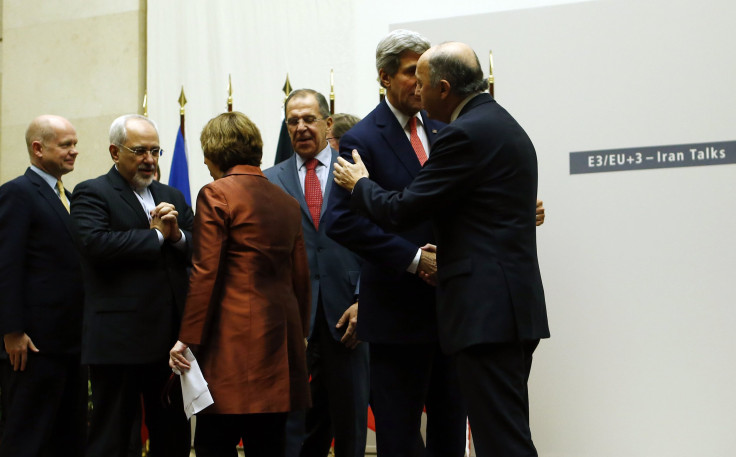Iran Nuclear Program Update: Talks To Be Extended Through July As Key Issues Remain Undecided

The multi-party negotiations over Iran’s nuclear program are expected to be extended until July, according to the Associated Press. The reports from diplomatic sources come as a deadline for a final deal between Iran and six world powers was to expire Monday in Vienna, where the high-level talks have been taking place.
Officials had been considering an extension of the deadline after months of talks failed to yield a deal that would keep Iran from developing nuclear weapons in exchange for international sanctions relief. Some diplomats have said progress had been made, but a few key issues remained, including whether Iran is willing to put an end to its research on acquiring nuclear capabilities, said German Foreign Minister Frank-Walter Steinmeier, according to Voice of America.
Possible venues for the resumed negotiations are still being discussed, with Vienna and Oman both being suggested, Reuters reported. Should negotiations be extended, a new round of commitments would likely be required for both sides. But any further relief from sanctions on Iran is not likely for the time being, one anonymous diplomatic source told Reuters.
British Foreign Secretary Philip Hammond said the deadline for the talks probably would be pushed back to July 1, according to Al Jazeera. "It was not possible to get an agreement by the deadline," Hammond said.
As the negotiations have dragged on, the stakes have grown increasingly high for both sides. Republican lawmakers in the U.S., who are set to take over both chambers of Congress in the new year, have threatened to scuttle talks and push for new sanctions against Iran if progress is not made. Hardliners in Iran have also warned of the consequences of a stalemate, with conservative newspapers already resigning themselves to the failure of talks, according to the BBC.
© Copyright IBTimes 2025. All rights reserved.






















